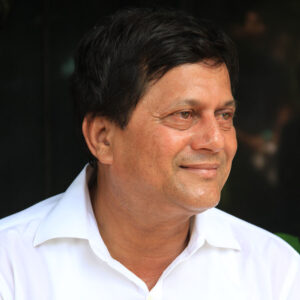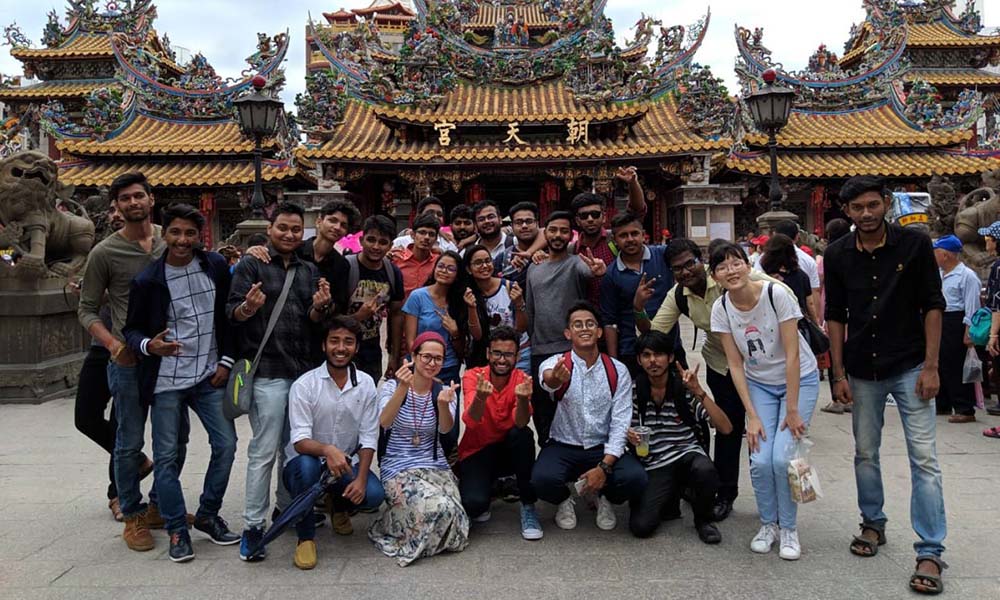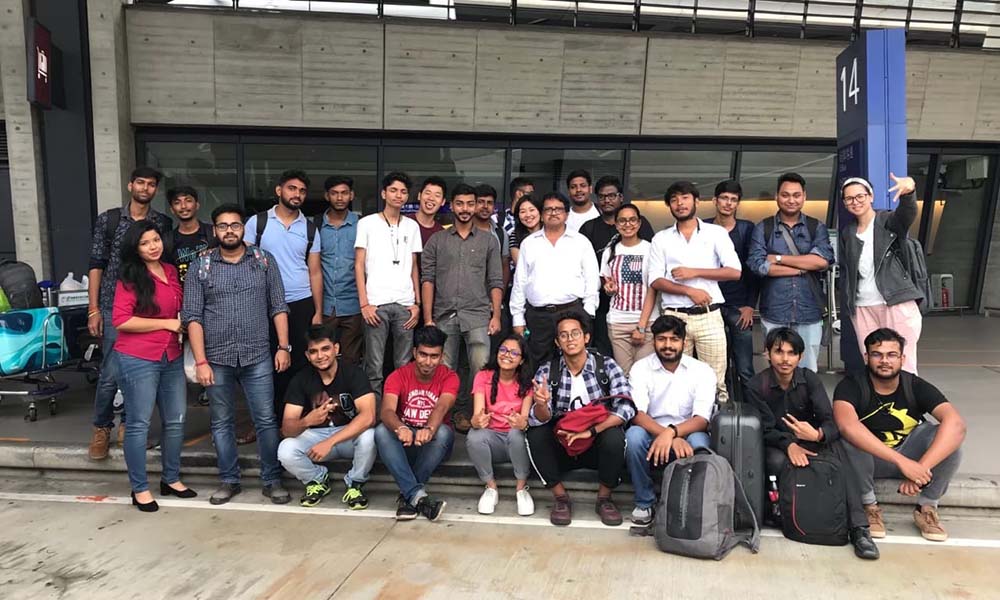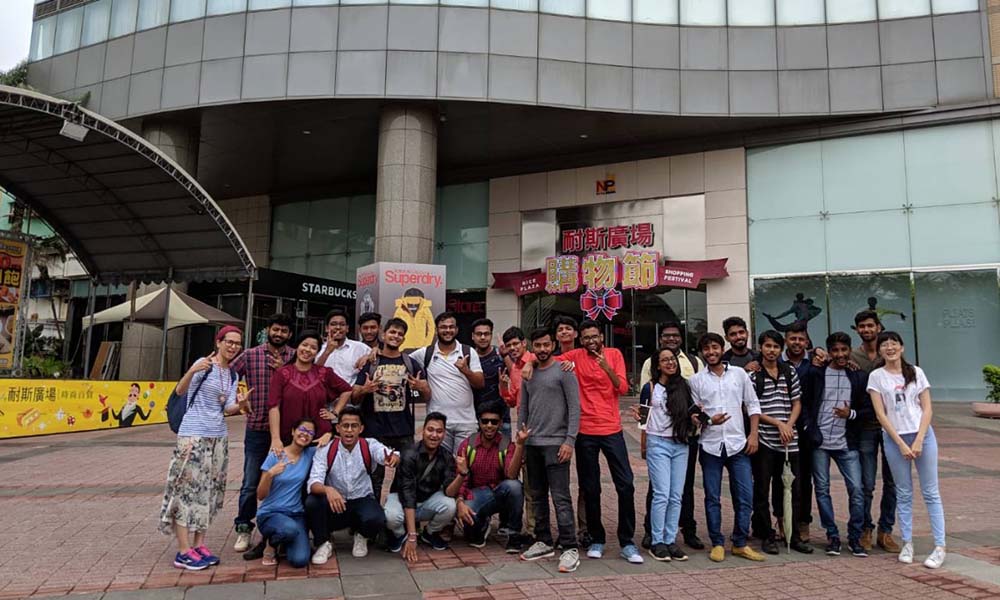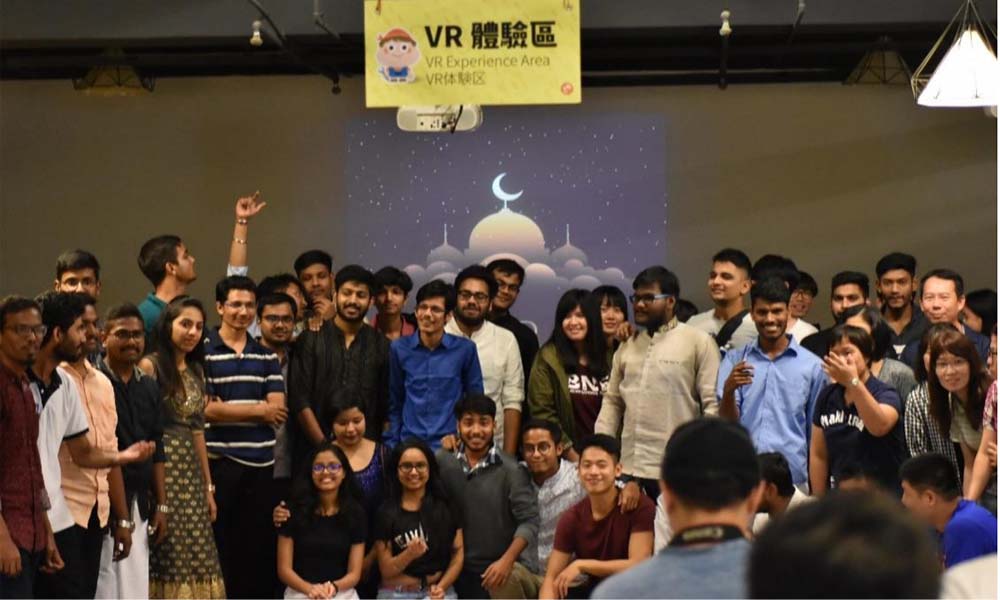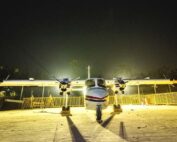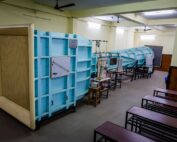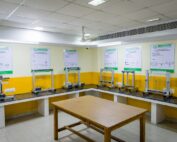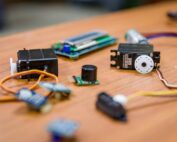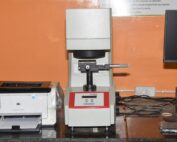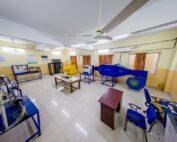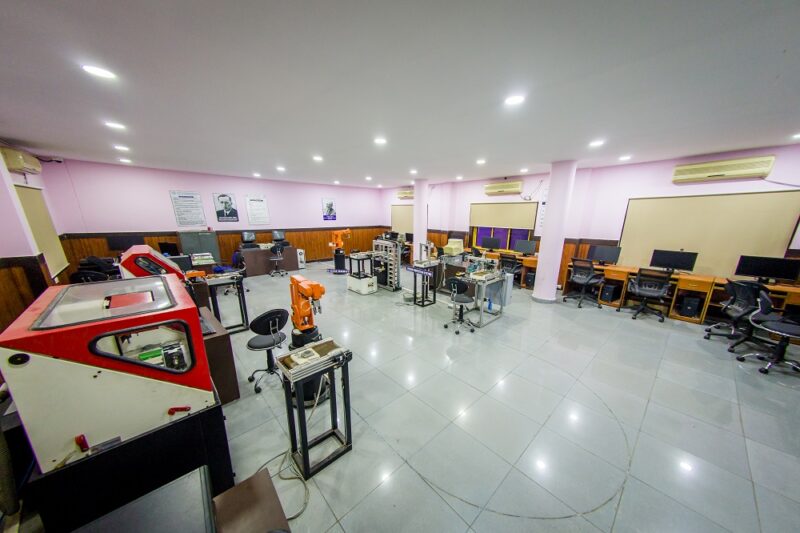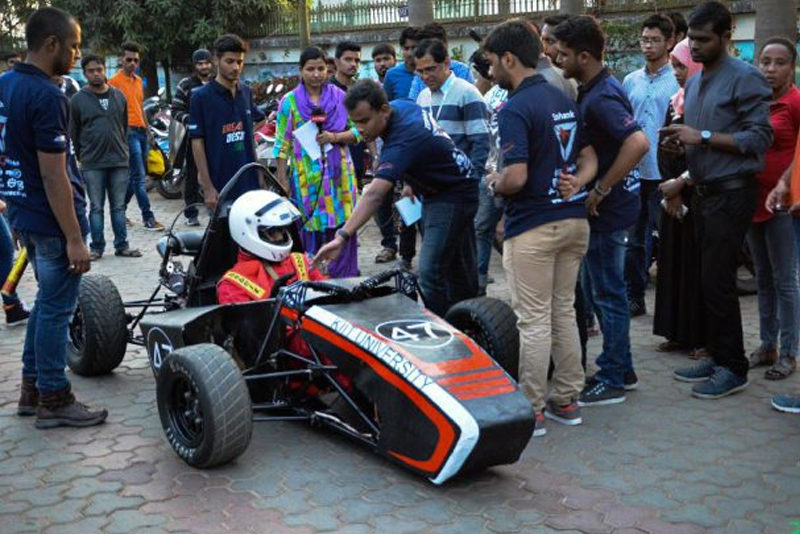B. Tech in Aerospace Engineering
The Aerospace Discipline of KIIT-Deemed to be University, Bhubaneswar is operational under School of Mechanical Engineering with teaching faculty members from reputed academic institutes as well as from industry domain. The department is equipped with adequate facilities of laboratory (Aerodynamics, Propulsion, Aerostructures, Aircraft Systems, Avionics etc.) and various computational facilities involving finite element analysis, computational fluid dynamics, simulation softwares etc. The practical demonstration is carried out for the students to get familiarized with various parts, accessories of aeronautical domain with the help of the aero-engines and aircraft available in the aerospace facility. The students go for summer training in leading aerospace industries and also get the opportunity to go abroad for one semester course in foreign Universities.
After completion of four years of bachelor’s degree course in aerospace engineering, there are numerous opportunities available in India and abroad in both the Government and Private sectors. These include aviation industries, airlines and multinational companies dealing with manufacturing and repair of aircraft and providing engineering solutions. Organisations in India like Hindustan Aeronautics Limited (HAL), Defence Research and Development Organisation (DRDO), Indian Space Research Organisation (ISRO), Tata Advanced Systems (TAS) are some of the main recruiters which hire aerospace engineers. Companies such as Infosys, TCS, Cognizant, Capgemini, CYIENT, Quest-Global, Honeywell, Alten, Mahindra Aerospace, L&T Aerospace and Defence etc work on aeronautical engineering solutions to support various multinational companies. The companies like Airbus, Boeing, GKN Aerospace have established their Centre of Excellence in India to utilize Indian human resources for execution of work pertaining to aerospace domain. Many students prefer to go for higher studies in India and overseas location for their future career in teaching and research and development.
If somebody has got the passion for aircraft, spacecraft and always dreamt of flying high in his/her career, then Aerospace Engineering is the perfect fit to be chosen as the platform for the career journey.
For B.Tech(4 Years):
Candidates applying for B.Tech(4 Years) Course should fulfill the following criteria.
- Candidates who have passed 10+2 examination in 2020, 2021 or appearing in 10+2 examination in 2022 are only eligible to apply for B.Tech (4 Years) course of the University.
- Should have studied in regular full time formal education in their schooling/college.
- Pass in 10 +2 or its equivalent with at least 60% marks in Physics, Chemistry and Mathematics taken together.
- B.Tech & M.Tech.(Dual Degree) Biotechnology. Pass in 10+2 or equivalent with at least 60% marks in Physics, Chemistry and Mathematics/Biology taken together.
- Should have born on or after 01.07.2001.
For B.Tech.-LE (3 years):
Pass in three years diploma course in Mechanical Engg./Electronics Engg./Aeronautical Engg./Metallurgical Engg. with at least 60% marks in aggregate from State Council of Technical Education of any state.
Program Educational Objectives (PEO)
The B. Tech program in Aerospace Engineering aims to prepare students so that they shall get widely employed in aerospace or allied disciplines and adhere to professional ethics in engineering practice. The program also aims to prepare the graduates with the following objectives:
- Graduates shall be able to provide solutions to aerospace engineering problems involving design, manufacturing, heat power, and operational management issues.
- Graduates shall be able to perceive the limitation and impact of engineering solutions in social, legal, environmental, economical, and multidisciplinary contexts.
- Graduates shall demonstrate professional responsibility and thrive to reinforce their knowledge being a part of formal or informal education
Program Outcomes :
The program outcomes are:
- Engineering knowledge: Ability to apply the knowledge of mathematics, science, engineering fundamentals, and an engineering specialization to the solution of complex engineering problems.
- Problem analysis: Ability to identify, formulate, review research literature, and analyze complex engineering problems reaching substantiated conclusions using first principles of mathematics, natural sciences, and engineering sciences.
- Design/Development of solutions: Ability to design solutions for complex engineering problems and design system components or processes that meet the specified needs with appropriate consideration for the public health and safety, and the cultural, societal, and environmental considerations.
- Conduct investigations on complex problems: Ability to use research-based knowledge and research methods including design of experiments, analysis and interpretation of data, and synthesis of the information to provide valid conclusions.
- Modern tool usage: Ability to create, select, and apply appropriate techniques, resources, and modern engineering and IT tools including prediction and modeling to complex engineering activities with an understanding of the limitations.
- The engineer and society: Ability to apply reasoning informed by the contextual knowledge to assess societal, health, safety, legal and cultural issues and the consequent responsibilities relevant to the professional engineering practice.
- Environment and sustainability: Ability to understand the impact of the professional engineering solutions in societal and environmental contexts, and demonstrate the knowledge of, and need for sustainable development.
- Ethics: Ability to apply ethical principles and commit to professional ethics and responsibilities and norms of the engineering practice.
- Individual and team: Ability to function effectively as an individual, and as a member or leader in diverse teams, and in multidisciplinary settings.
- Communication: Ability to communicate effectively on complex engineering activities with the engineering community and with society at large, such as, being able to comprehend and write effective reports and design documentation, make effective presentations, and give and receive clear instructions.
- Project management and finance: Ability to demonstrate knowledge and understanding of the engineering and management principles and apply these to one’s own work, as a member and leader in a team, to manage projects and in multidisciplinary environments.
- Life-long learning: Ability to recognize the need for, and have the preparation and ability to engage in independent and life-long learning in the broadest context of technological change.
Programme Specific Outcomes (PSO) :
The program specific outcomes are:
- Join a technical workforce as successful professionals in a wide range of aerospace engineering and related domains.
- Pursue advanced degrees in aerospace engineering, business, or other professional fields.
- Continuously advance themselves by expanding their technical and professional skills through formal means as well as through informal self-study.

